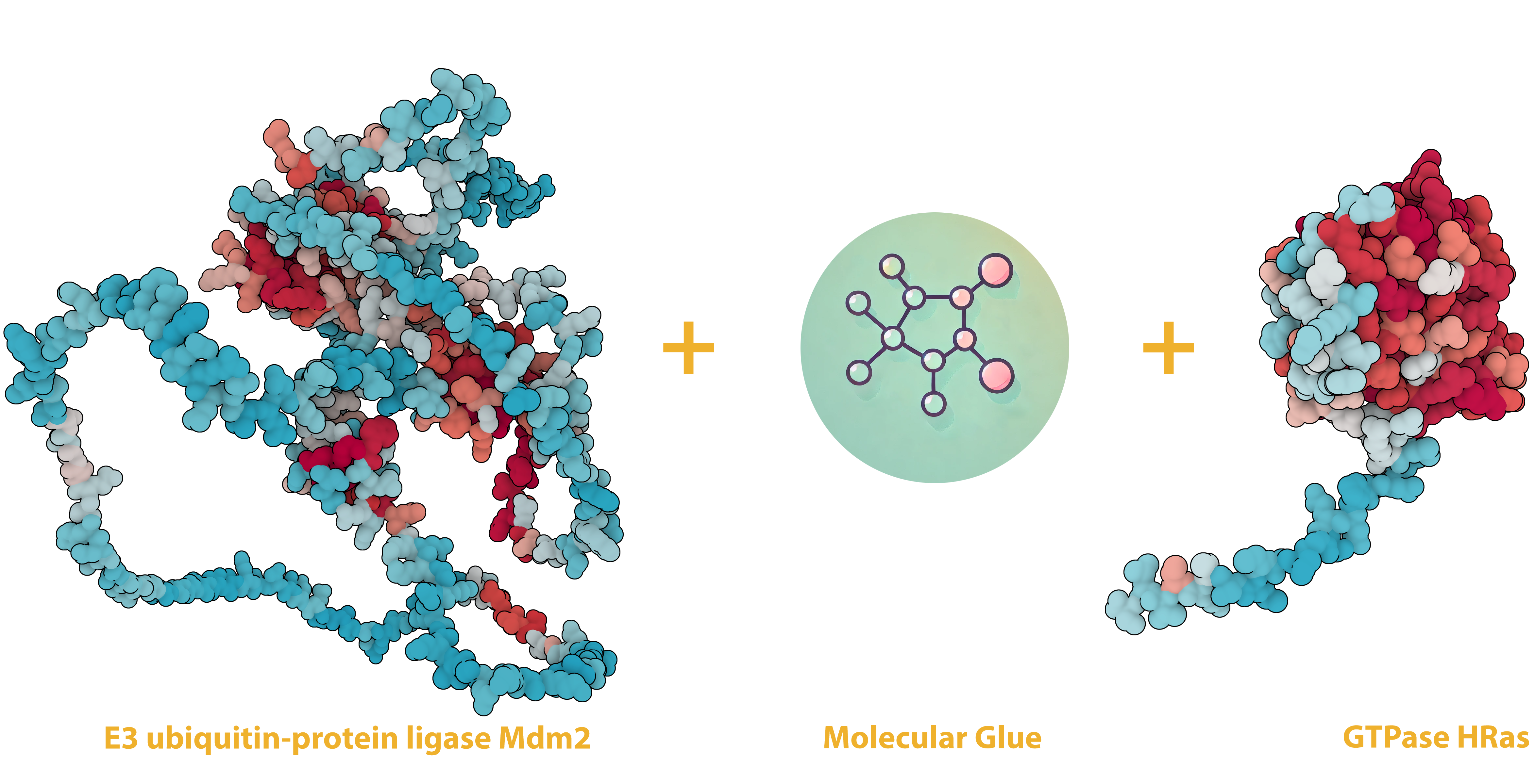DirectQuantum Platform
High-precision simulation of biomolecular dynamics using emerging hardware technologies, machine learning tools, and advanced algorithms.



DirectQuantum takes advantage of modern high-performance architectures to perform highly accurate and scalable quantum chemistry simulations using advanced coupled-cluster methods, going beyond widely used density functional theory-based methods.
Generative AI (along with other ML methods) plays a crucial role as an integrator of real-world and simulation-generated data. DirectQuantum leverages generative AI and other ML techniques to guide molecule discovery at various stages of our pipeline.
Quantum simulators (using quantum computers) for molecules of interest are not yet fully realized. However, we are deeply committed to a future where such capabilities will emerge. Our DirectQuantum system is designed with this future in mind. Leveraging our expertise in quantum algorithms, we are continuously enhancing and guiding the development of our classical algorithms.
Generative AI has shown remarkable progress in predicting structures of single proteins, multimers, and ligand-paired complexes, providing valuable starting points for molecular research. However, its outputs often fail to fully capture the biochemical complexity of interactions, leaving gaps in understanding critical factors such as toxicity, specificity, and stability in drug design. DirectQuantum is designed to explore these gaps by incorporating both spatial and temporal dimensions of multimer interactions, offering deeper insights into dynamic molecular behaviors. While Generative AI excels in static predictions, DirectQuantum aims to push the boundaries of interaction analysis in complex biochemical environments.